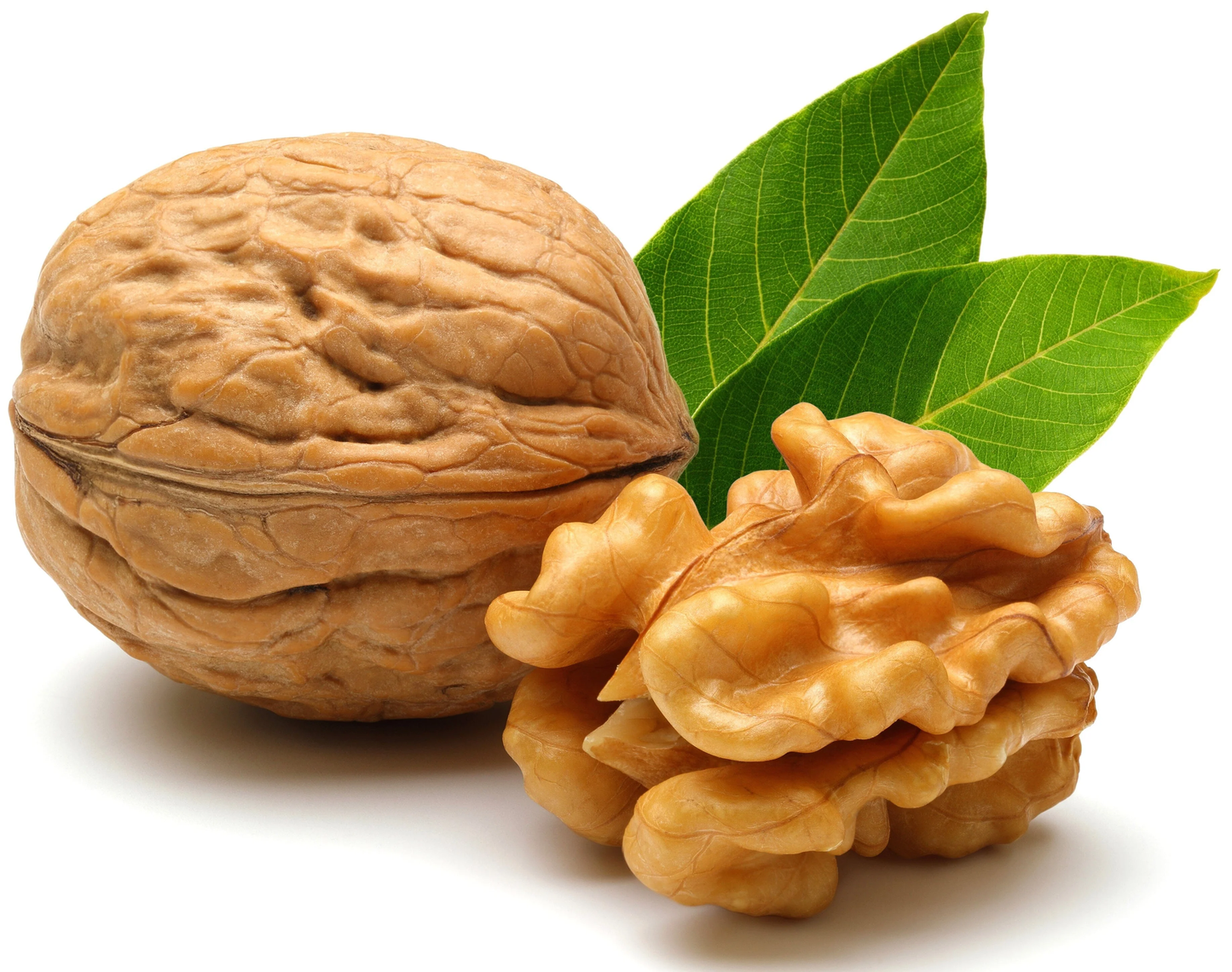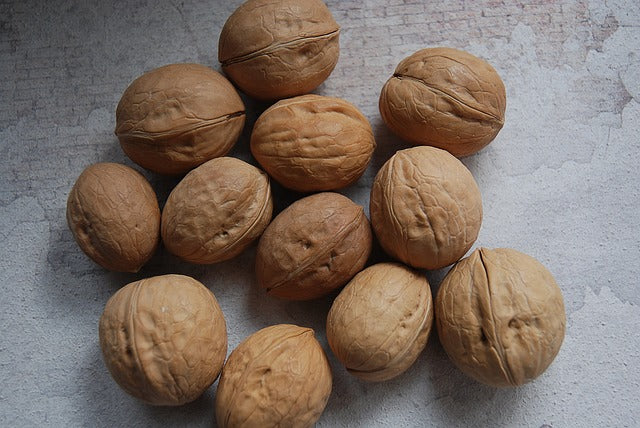Walnuts tree seeds for planting| 1 pound | Organic | Non-GMO |
Walnuts tree seeds for planting| 1 pound | Organic | Non-GMO |
Regular price
$39.99 USD
Regular price
Sale price
$39.99 USD
Unit price
per
Couldn't load pickup availability
Height : 40 to 60 feet
Spread : 40 to 60 feet
Hardiness zone : zones 3 to 10
Germination Info : Seed requires cold moist stratification
Cold stratification, also known as seed stratification, is the process of exposing seeds to cold and moist conditions to encourage germination. In nature, the stratification process takes place when fallen seeds overwinter underground or beneath a layer of snow
United States (Major Growing Region)
- The U.S. is the largest producer of pecans, with most cultivation occurring in:
- Southeastern U.S.: Georgia (the top producer), Alabama, South Carolina.
- Southwestern U.S.: Texas (native habitat), Arizona, New Mexico.
- Midwestern U.S.: Oklahoma, Arkansas.
- These areas have the warm climates and fertile soils pecan trees require.
Mexico
- Northern Mexico, particularly in states like Chihuahua and Sonora, is a major producer of pecans. The warm, dry climate is ideal for their growth.
South America
- Pecan trees are grown in parts of Brazil, Argentina, and Uruguay, where the climates are warm and temperate.
Africa
- South Africa is a growing producer of pecans, especially in regions with warm temperatures and access to irrigation.
Asia
- In China, pecans are grown in regions with suitable climates, but production is not as widespread as in North America.
Australia
- Small-scale pecan farming occurs in Australia, particularly in Queensland and New South Wales, where conditions are favorable.
Climate Requirements
- Temperature: Pecan trees prefer warm climates with hot summers and mild winters.
- Soil: They grow best in deep, well-drained, and fertile soils.
-
Water: Pecan trees require adequate water, especially during the growing season.




